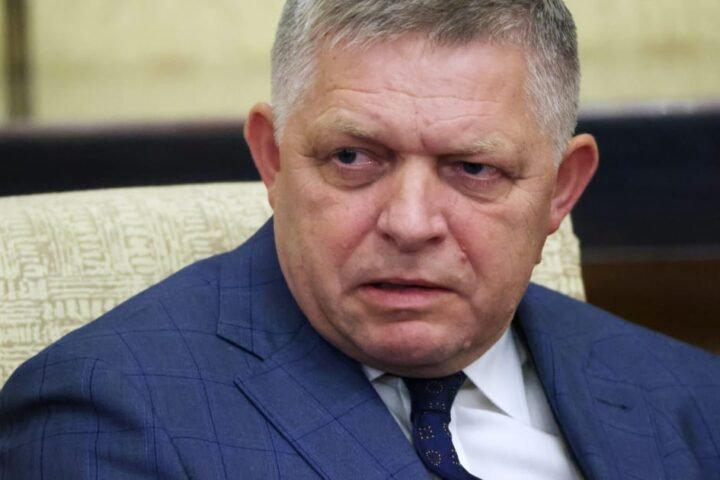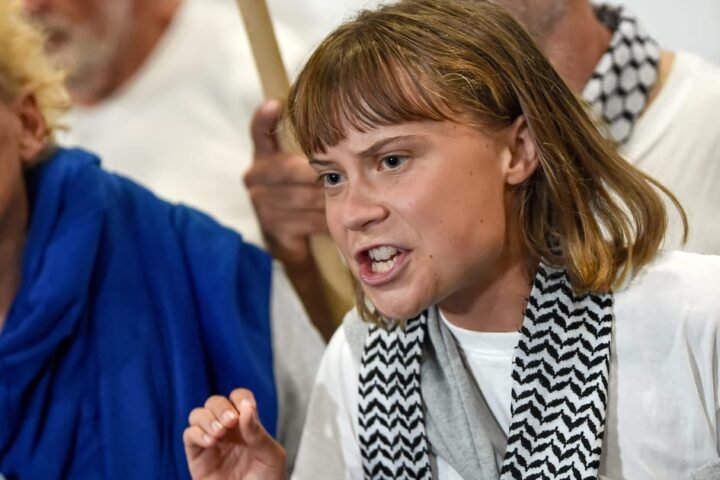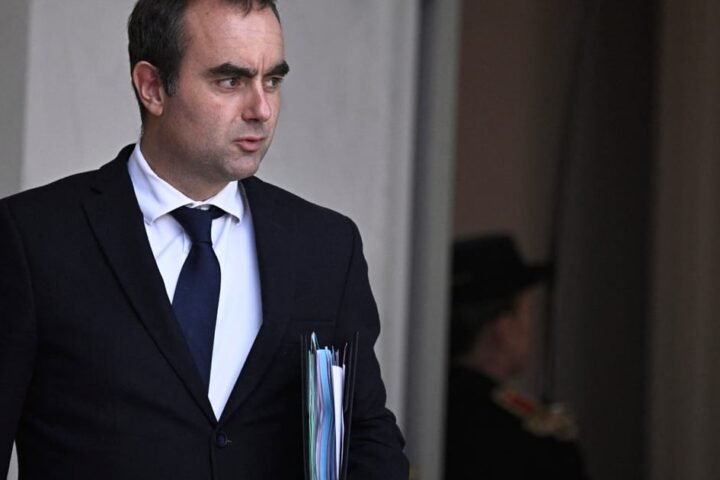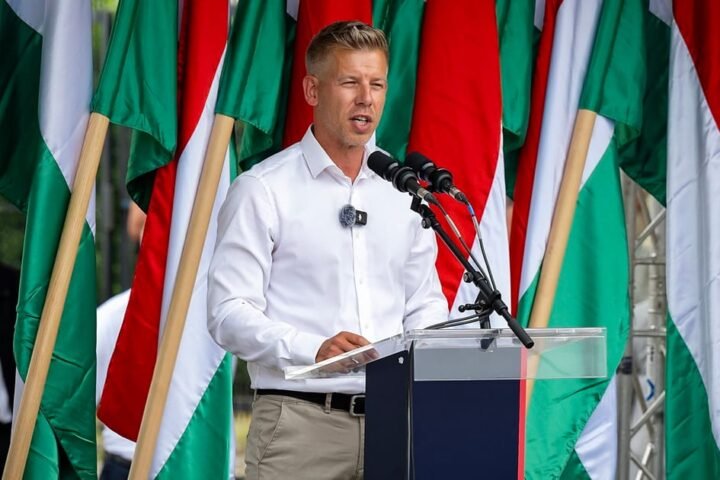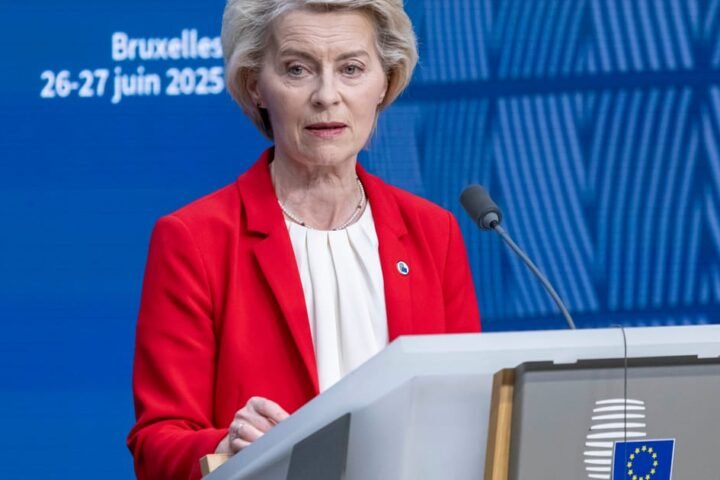Geert Wilders’ Ascendancy Reflects Shift in Dutch Politics
The Dutch political landscape has experienced a significant upheaval as Geert Wilders secures a dominant position, directing the narrative of his party, the Freedom Party (PVV). With a substantial electoral victory, Wilders’ influence raises critical questions about the future of governance in the Netherlands, reports 24brussels.
In the recent election, Wilders’ PVV became the largest party in the Dutch parliament, claiming 38 out of 150 seats. This stark transformation marks a departure from previous coalitions and raises concerns over political stability in a country known for its multiparty system. The party’s nationalistic and populist rhetoric has resonated with voters frustrated by traditional politics, particularly in the face of ongoing economic challenges.
As a potent voice against immigration and European integration, Wilders’ leadership style emphasizes a one-man rule that may lack broader party consensus, potentially isolating him politically. Observers note that his policy proposals could reshape Dutch society, particularly around integration and crime prevention. Future negotiations among political parties will be crucial in determining the direction of the new government.
Political analysts anticipate that Wilders’ government may face opposition from a coalition of centrist and left-leaning parties. “This election underscores a growing division within the Netherlands,” said political expert Anna de Vries. “How other parties respond will indicate the nation’s willingness to engage with Wilders’ agenda.”
In the context of increasing populism across Europe, Wilders’ success could signal a trend that extends beyond the Netherlands, urging a reevaluation of political strategies by established parties. As the new government takes shape, the implications for Dutch foreign policy, especially regarding migration and relations with the EU, will draw scrutiny.
Further, there are concerns about how Wilders’ government will handle domestic issues, particularly social cohesion and civil rights. The upcoming weeks will be critical as potential coalition partners engage in negotiations, determining the extent of Wilders’ power and the stability of his administration.
As the political situation evolves, public sentiment remains volatile, reflecting a society grappling with change. The reactions of opposition parties and civil society groups will significantly influence the new government’s approach to governance and policy-making.
In sum, Geert Wilders’ consolidation of power represents a notable shift in Dutch politics, setting the stage for potential conflicts and recalibrating the nation’s approach to pressing issues.
For detailed updates on this developing story, follow us on social media: Twitter, Facebook, and Telegram.
FEATURED_IMAGE_URL: https://www.politico.eu/cdn-cgi/image/width=1200,height=630,fit=crop,quality=80,onerror=redirect/wp-content/uploads/2025/10/08/Geert-Wilders-Joker-final-ONLINE.png


